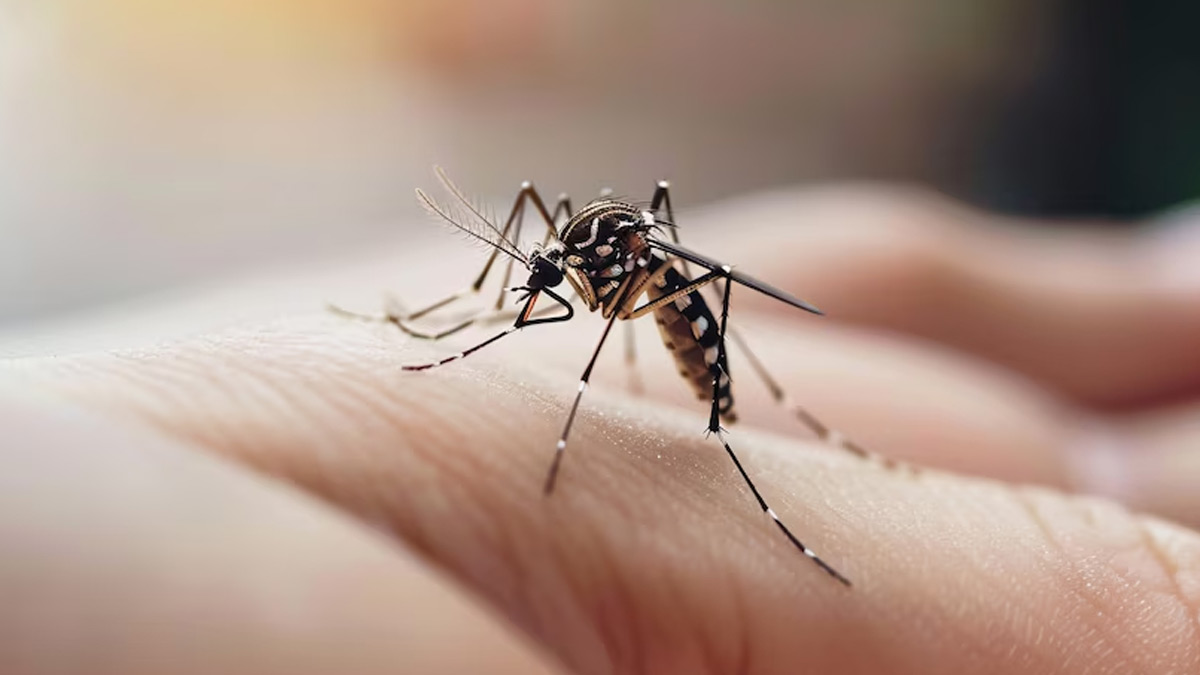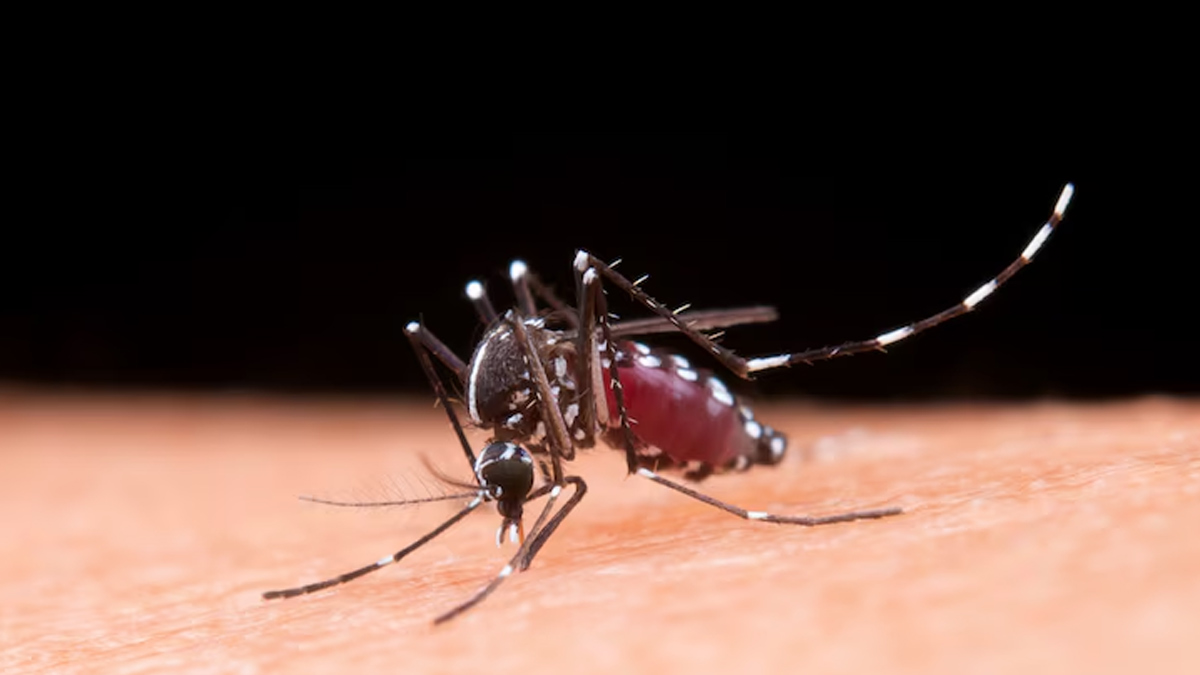
Subsiding the summer heat, rains come with the much needed coolness and along comes the mosquito breeding season. These tiny creatures may seem insignificant, but they pack a dangerous punch, acting as carriers for some of the most serious diseases known to mankind. From malaria to dengue, and chikungunya to Zika, mosquito-borne diseases are a growing concern, especially as breeding grounds multiply during the wet months. But have you ever thought about what makes these pesky little mosquitoes suck blood?
Table of Content:-
To understand this, OnlyMyHealth team interacted with Dr Kiran Dhake, MBBS, DMRE, Corporate Wellness Physician and Imaging Specialist, Mumbai.
Mosquitoes are known for their tendency to feed on human blood. While much has been discussed and written about the effects of mosquito bites, the exact mechanisms that drive mosquitoes to bite humans are still not fully understood. Certain studies have suggested that a cascade of hormonal activations leads to the blood-craving behaviour in mosquitoes.
Possible factors that drive mosquitoes to feast on human blood are as follows:

1. To enhance the function of the reproductive system: Human blood is an excellent source of nourishment for egg production, providing the necessary proteins, iron, and amino acids to promote egg development and hatchling growth. Female mosquitoes, therefore, tend to rely on this source, especially during their fertile periods. Without an adequate blood meal, they would not be able to develop healthy eggs after mating. In contrast, male mosquitoes do not draw blood because they do not require these nutrients for reproduction.
Also read: How Long After A Mosquito Bite Can You Develop Dengue?
Most female mosquitoes search for their meals during specific times, such as early morning and sunset, and prefer to shelter during the heat of the day. At other times, they feed on nectar and plant sap.
Certain entomological literature suggests that mosquitoes may follow peculiar trends, such as:
- Preferring individuals with blood type O.
- Targeting pregnant women
- Being attracted to people who sweat excessively
However, these factors may not always apply, especially when a female mosquito feels the urge to feed and seeks an easy target. Since humans are among the largest mammals, they often become easy targets.
2. Chemical affinity: Humans tend to leave trails that attract mosquitoes. For instance, mosquitoes responsible for malaria—Anopheles—are attracted to the carbon dioxide humans exhale during sleep. As mosquitoes approach their target, their sensory systems detect body heat and certain fatty acids released by the skin. These cues help mosquitoes locate their hosts promptly.

Also read: World Mosquito Day 2022: Which Mosquitoes Are More Dangerous
3. Powerhouse—Rich source of energy: Female and male mosquitoes primarily depend on nectar and other plant sugars for energy, storing it as glycogen and triglycerides. However, female mosquitoes do not receive vital nutrients such as iron, protein, and amino acids from these sources. These essential nutrients are derived from human blood and are crucial not only for reproduction but also for ensuring the survival of future generations. Without a blood-rich diet, the life cycle of mosquitoes would cease entirely.
Conclusion
The blood-sucking behaviour of mosquitoes is driven by their fundamental biological need to reproduce and perpetuate their species. Understanding this can navigate experts develop targeted strategies to control mosquito populations and reduce the spread of mosquito-borne diseases
Also watch this video
How we keep this article up to date:
We work with experts and keep a close eye on the latest in health and wellness. Whenever there is a new research or helpful information, we update our articles with accurate and useful advice.
Current Version